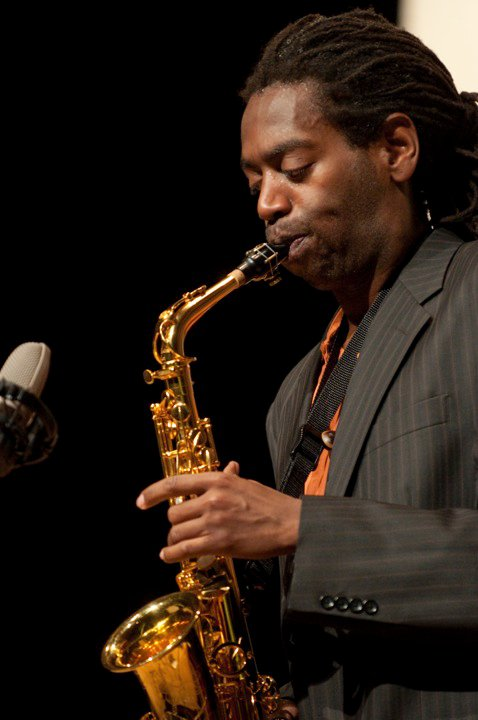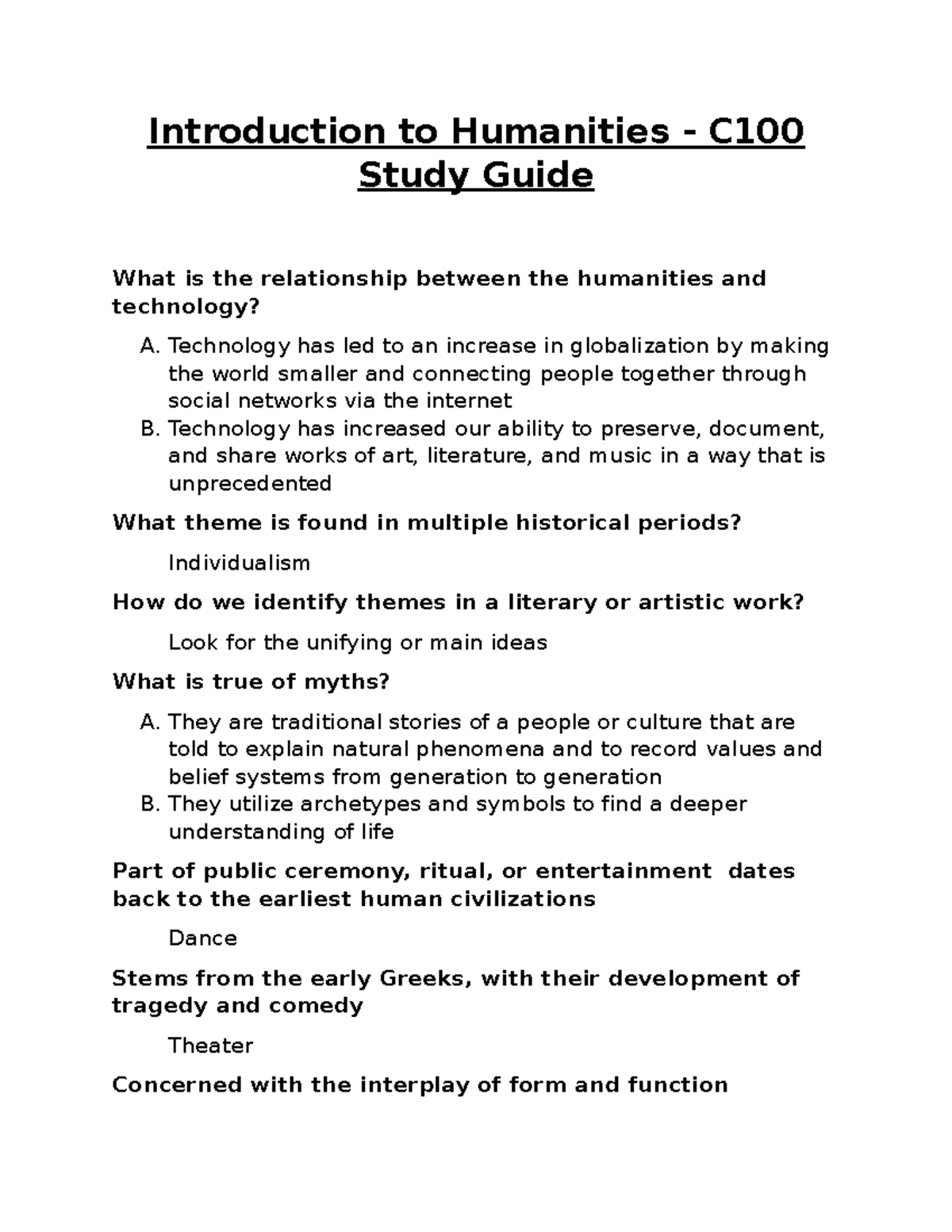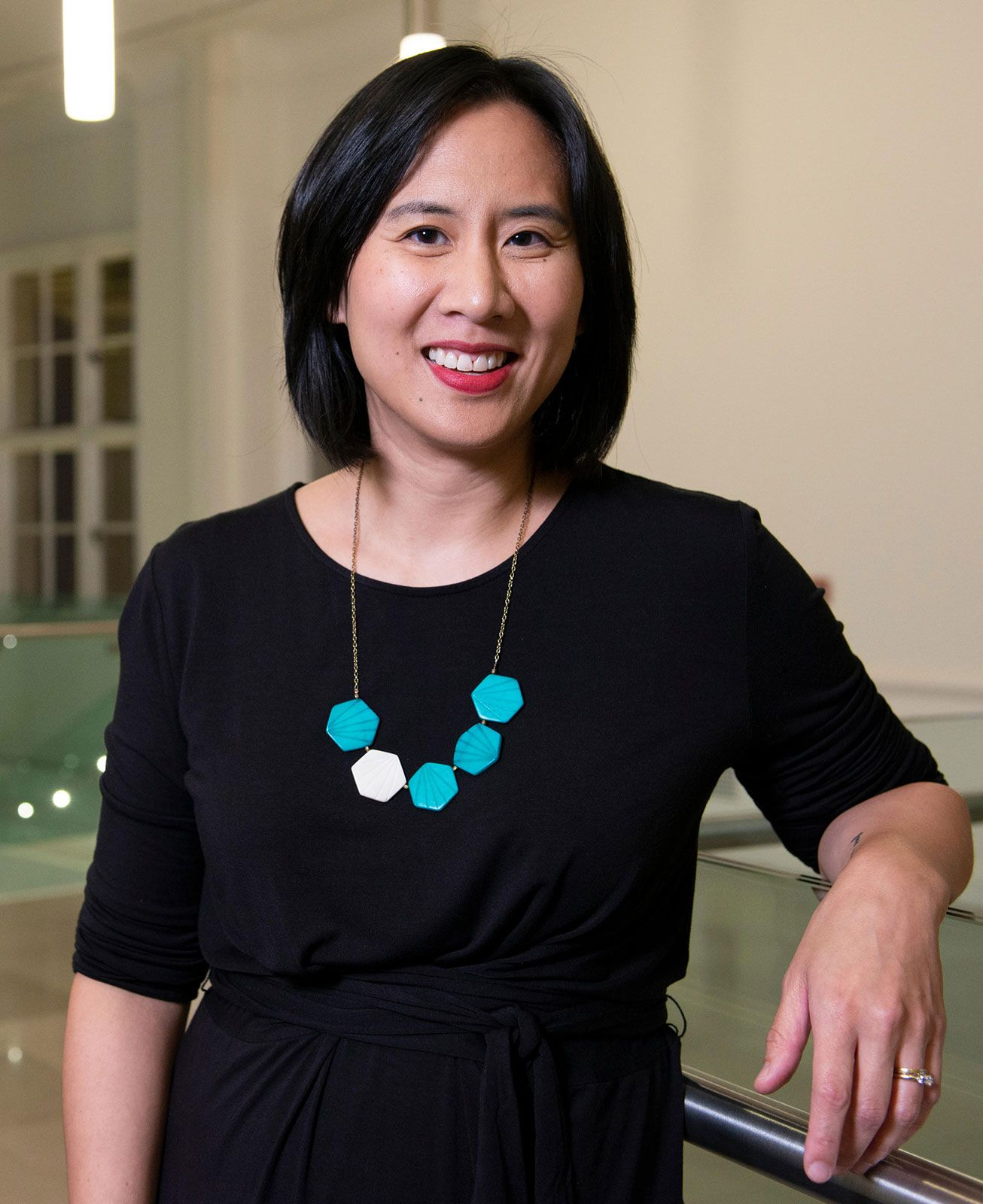Yosvany Terry is a distinguished musician and composer who has made significant strides in bridging the worlds of Afro-Cuban music and West African cultural traditions. His recent research journey to Benin and back to his native Cuba illuminates the rich tapestry of musical influences that connect these vibrant cultures. As a senior lecturer at Harvard and director of the Harvard Jazz Ensembles, Terry’s mission extends beyond performance—he aims to educate and inspire the next generation of musicians. Upcoming performances, including his participation in the ArtsThursdays initiative, showcase not only his artistry but also the deep insights he has gained through his unique experiences. Engaging with both students and the broader community, Terry’s work is an essential contribution to understanding the dynamic interplay of historical and contemporary musical narratives.
In the realm of contemporary music education, Yosvany Terry stands out as a vital figure who intertwines Afro-Cuban rhythms with the profound legacies of Beninese traditions. His explorations into how these musical styles have influenced genres like jazz resonate with scholars and music enthusiasts alike. As an educator at Harvard, Terry leverages his expertise to create impactful learning experiences that reflect the intersections of diverse musical heritages. Through various initiatives like ArtsThursdays, he highlights the importance of cultural exchange and community engagement in the arts. Ultimately, Terry’s work not only enriches the academic environment but also fosters a broader appreciation for the cultural roots that shape modern music.
Exploring Afro-Cuban Music Traditions
Afro-Cuban music is a rich amalgamation of diverse traditions, rhythms, and cultural practices that originated from the fusion of African musical ideas with Spanish and indigenous influences. This unique genre played a pivotal role in the shaping of Cuban identity, offering insight into the complexities of the Afro-Cuban experience. By delving into its origins, one can appreciate how enslaved Africans brought their musical heritage to the Americas, helping to preserve their cultural identity amidst assimilation pressures. Musicians like Yosvany Terry have dedicated their careers to uncovering and expanding the narrative of Afro-Cuban music, ensuring that its traditions remain vital and relevant in contemporary performances.
Terry’s work is particularly focused on the connections between Afro-Cuban music and its West African roots, exploring how the rhythms and melodies that characterize this genre were initially developed. Through his research in Benin, he seeks to illuminate the cipher that Afro-Cuban music represents—a living testament to the resilience and creativity of those who fought to maintain their cultural legacy even in the face of adversity. In classrooms and performances, Terry aims to impart this knowledge to his students, forging an understanding that bridges history and modern interpretation.
Afro-Cuban music is not merely a collection of sounds; it represents a deep cultural narrative that transcends borders. Terry’s exploration of these musical traditions emphasizes their importance in understanding the broader African diaspora’s influence on various music genres, including jazz. The power of syncopation, the use of polyrhythms, and call-and-response patterns are hallmarks of both Afro-Cuban and West African music, showcasing their intertwined histories. This intersection of cultures is a focal point in Terry’s teachings, highlighting the shared human experience that resonates through music.
As we advance into a globalized world, it becomes increasingly vital to acknowledge and celebrate the roots of these musical forms. By educating new generations on the significance of Afro-Cuban traditions, musicians can ensure that these rich legacies continue to evolve while remaining anchored in their historical contexts. Events like ArtsThursdays not only provide a platform for performances but also serve as cultural exchanges that enrich the community’s understanding of Afro-Cuban music and its foundational significance.
Connecting Benin Cultural Traditions to Modern Jazz
Yosvany Terry’s recent research journey to Benin highlights the critical connections between traditional African music and modern jazz. The cultural heritage of Benin, grounded in its historical significance as the former Kingdom of Dahomey, provides a wealth of musical traditions that resonate deeply with the rhythms and forms found in jazz. Terry’s interactions with local musicians allowed him to gain unique insights into the preservation of these traditions, emphasizing their role in cultural identity and expression. By engaging directly with the practitioners and participating in traditional music, he discovered how these age-old practices continue to shape contemporary musical forms, including jazz.
This fusion of cultural heritage and modern musical styles illustrates the ongoing dialogue between the past and present. Terry’s ambition is to weave these traditional sounds into his compositions, offering new perspectives that reflect the direct lineage between Benin’s cultural practices and the evolution of jazz in the Americas. His teachings promote an understanding that jazz, as an art form, is not merely an expression of individual creativity but also a collective narrative shaped by a multitude of cultural influences.
The emphasis on cultural exchange through performance is crucial in bridging gaps between different musical traditions. In performances like “Imaginary Dialogues: Dahomey,” audiences witness how Benin’s cultural richness is interpreted through a jazz lens, showcasing the dialogue between African and Afro-Cuban musical elements. Such performances provide an opportunity for both artists and audiences to engage in a shared cultural experience, fostering appreciation for the depth of traditions that have historically influenced one another.
As Terry leads initiatives to integrate these traditions into the curriculum at Harvard, it becomes increasingly clear that this connection is not just an academic pursuit but a vital aspect of preserving and celebrating cultural legacies. Understanding the historical pathways that connect various music genres allows students to appreciate their cultural identities while encouraging innovative interpretations that honor their rich histories. Through Terry’s work and the platform of ArtsThursdays, the arts can fully embody the spirit of collaboration and creativity that springs from diverse cultural backgrounds.
Yosvany Terry’s Role as an Educator and Innovator in Jazz Music Education
As a leading figure in jazz education at Harvard, Yosvany Terry’s influence transcends traditional teaching methods, merging academic frameworks with dynamic artistic expressions. By actively engaging with students through hands-on experiences in diverse musical traditions—including Afro-Cuban and Benin practices—Terry cultivates an environment that fosters creativity and innovation. Through his leadership, the Harvard Jazz Ensembles have become a vibrant learning community where students not only learn music theory but also immerse themselves in the historical and cultural contexts that shape jazz music today.
Terry’s commitment to collaborative learning significantly enhances students’ musical journeys, encouraging them to explore intersections across genres and cultural practices. His insistence on bringing artists of Afro-Latin American descent into the curriculum ensures that students receive a multifaceted education reflective of jazz’s rich heritage. Each interaction with visiting artists reaffirms the idea that music is a living art, constantly evolving and shaped by its diverse roots. This holistic approach to education prepares students for successful futures in the arts, whether as professional musicians or advocates for cultural preservation.
Moreover, through initiatives like ArtsThursdays, Terry provides students with unique opportunities to showcase their talents while receiving feedback from established artists. These performances fortify the ties between academic learning and real-world applications, equipping students with the necessary skills and experiences to navigate the complex landscape of the music industry. Terry’s innovative vision for expanding the boundaries of jazz education demonstrates the power of collaboration, not only within the university but also with external artistic communities. Such engagements deepen students’ understanding of their craft and their role in a broader cultural narrative.
Impact of ArtsThursdays on Harvard’s Artistic Landscape
ArtsThursdays, an initiative designed to elevate the visibility of the arts at Harvard, plays a crucial role in connecting diverse audiences with the university’s artistic community. By offering free concerts and performances by faculty and visiting artists, the program fosters a thriving creative ecosystem that encourages collaboration across disciplines. Events like Terry’s upcoming performance connect academic inquiry with practical artistry, allowing both students and the public to experience the synthesis of research and performance firsthand. This programming underscores the idea that the arts are integral to the fabric of the Harvard community, enriching its cultural landscape and fostering dialogue among different academic and artistic disciplines.
Through these events, the university embraces its responsibility to cultivate an appreciation for the arts within and beyond its campus walls. For example, bringing together various forms of artistic expression—from Afro-Cuban music to jazz imbuing elements from West African traditions—allows for a comprehensive exploration of cultural narratives that shape our world today. This initiative not only elevates the profile of the arts at Harvard but also positions the university as a leader in fostering a diverse and inclusive artistic landscape.
Furthermore, ArtsThursdays serves as a platform for emerging artists, providing them with the opportunity to showcase their work and engage in meaningful dialogue with seasoned practitioners. By inviting faculty members like Yosvany Terry to participate actively, the initiative strengthens the connection between scholarly research and artistic practice. Terry’s participation not only highlights his work on Afro-Cuban and Benin musical traditions but also sends a clear message about the university’s commitment to interdisciplinary collaboration and the importance of cultural exchange.
This spirit of community and collaboration invites students, faculty, and external artists to reimagine the potential of the arts, creating an environment where innovation flourishes. As audiences experience a direct connection to Terry’s research through live performances, it reinforces the vital role that institutions like Harvard play in preserving and promoting diverse musical traditions—ultimately ensuring that these rich cultural narratives continue to inspire future generations.
Frequently Asked Questions
What is Yosvany Terry’s contribution to Afro-Cuban music?
Yosvany Terry is a renowned musician and composer who significantly contributes to Afro-Cuban music. He merges traditional Afro-Cuban sounds with modern jazz influences, exploring the deep connections between the music of Benin, Cuba, and the broader African diaspora. His work emphasizes the importance of cultural preservation and the historical context that shapes these musical traditions.
How does Yosvany Terry incorporate Benin cultural traditions into his music?
Yosvany Terry actively studies and incorporates Benin cultural traditions into his compositions and performances. His research in Benin allows him to engage with local musicians, learning directly from their practices. This exchange informs his work, creating a rich tapestry that connects Beninese heritage with contemporary Afro-Cuban music and jazz.
What insights does Yosvany Terry share in his interviews?
In interviews, Yosvany Terry emphasizes the importance of cultural identity and the preservation of Afro-Cuban music traditions influenced by African heritage. He discusses his experiences in Benin, detailing how these musical traditions have influenced his teaching at Harvard and his artistic expression, emphasizing the need for cross-cultural engagement.
What can audiences expect from Yosvany Terry’s performance at ArtsThursdays?
At the May 1 ArtsThursdays performance, Yosvany Terry will present ‘Imaginary Dialogues: Dahomey,’ showcasing the connections between Afro-Cuban music and the cultural traditions of Benin. This unique performance will integrate music with a dance workshop, highlighting the collaborative spirit of the arts and the deep-rooted connections between different cultural expressions.
How does Yosvany Terry’s role at Harvard influence his artistic vision?
As a senior lecturer and director of the Harvard Jazz Ensembles, Yosvany Terry uses his platform to educate students about the historical and cultural contexts of Afro-Cuban and jazz music. His vision revolves around enhancing students’ understanding of these traditions and fostering collaboration across disciplines, ultimately ensuring that the rich heritage of African and Afro-Cuban music is both recognized and appreciated.
What is the significance of Yosvany Terry’s research on the roots of modern jazz?
Yosvany Terry’s research is significant as it uncovers the influences of West African musical traditions on the evolution of modern jazz. By studying the connections between music from Benin and Caribbean traditions, he highlights how these cultural exchanges shape contemporary music, offering insights into the resilience and adaptability of cultural identities through music.
In what ways does Yosvany Terry engage with students at Harvard?
Yosvany Terry engages with Harvard students through hands-on learning experiences in the jazz program, which include performances, workshops, and travel to countries like Cuba and the Dominican Republic. He focuses on providing authentic interactions with local musicians and educators, fostering a deeper understanding of Afro-Cuban music and its historical significance.
How has Yosvany Terry’s teaching approach evolved over his ten years at Harvard?
Over ten years at Harvard, Yosvany Terry’s teaching approach has evolved to incorporate diverse musical traditions and new technologies, such as AI in music composition. His focus on cross-cultural collaboration and projects connecting Afro-Cuban and African traditions has significantly enriched the curriculum, expanding students’ experiences and understanding of global music contexts.
What are Yosvany Terry’s hopes for the future of the arts at Harvard?
Yosvany Terry hopes to continue expanding the arts at Harvard by attracting diverse artistic minds, enhancing cultural programming, and fostering innovative initiatives like HUCA. He envisions a vibrant and inclusive arts presence that further develops the appreciation of Afro-Cuban and other global musical traditions in the university setting.
| Key Points | Details |
|---|---|
| Research in Benin and Cuba | Yosvany Terry explores the roots of modern jazz and the influence of the African diaspora on music. |
| Cultural Preservation | Terry emphasizes the importance of preserving cultural traditions amid pressures to assimilate, as a form of resistance. |
| Teaching and Research Integration | His findings will be shared in classrooms, enhancing students’ understanding of diverse music traditions and their cultural significance. |
| Impact as a Musician | Terry plans to create new works and documentaries, and he is inspired by his research for his upcoming opera. |
| Vision for Jazz Program | Terry aims to engage students with Afro-Latin traditions and broaden their musical education through travel and collaborations. |
| ArtsThursdays | This initiative showcases faculty and student artists and fosters community engagement with unique presentations and workshops. |
| Future of Arts at Harvard | Terry hopes for continued growth and innovation in the arts, with a focus on collaborative projects and diverse musical traditions. |
Summary
Yosvany Terry plays a crucial role in bridging the cultural gap between African musical traditions and modern music forms. His research not only enriches his own artistic practice but also enhances the educational experience for his students at Harvard. Through his efforts, Terry fosters an appreciation for the deep-rooted connections of music and culture that transcend borders, illustrating the power of collaboration and cultural dialogue in the arts.


